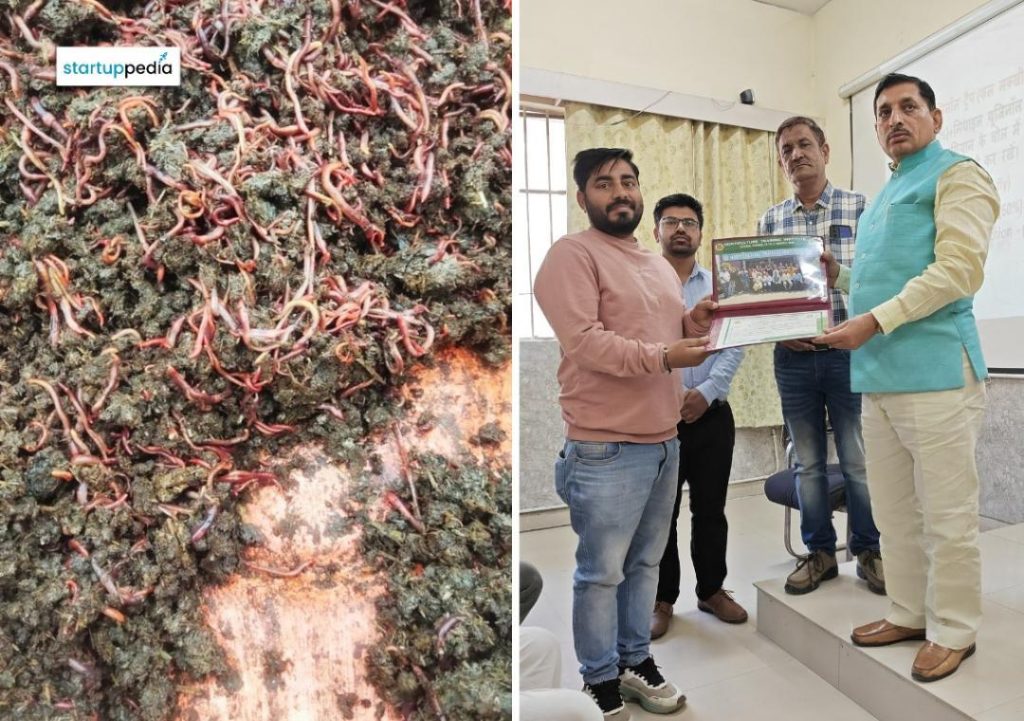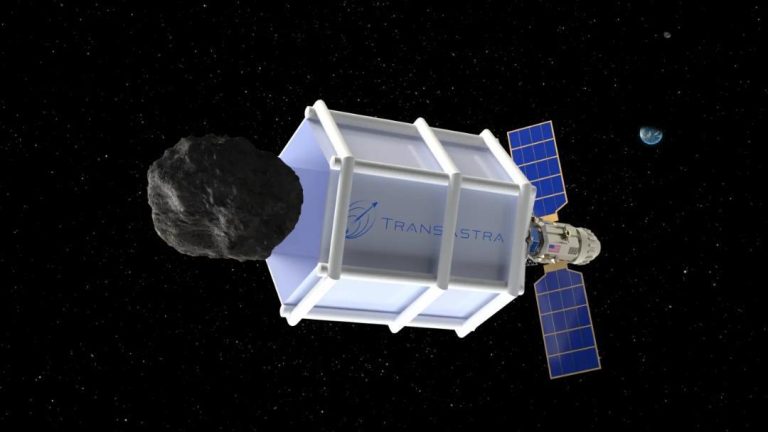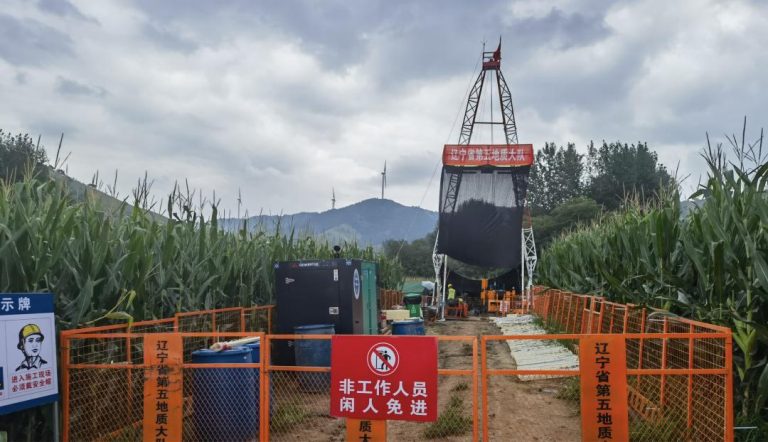
Haryana Engineer Clocks ₹45 Lakh by Selling Vermicompost
In today’s fast-paced world, it’s not uncommon for people to prioritize career advancement over their well-being. However, for Sumit Giri, a Haryana-based engineer, the constant travel involved in his job took a toll on his health. After experiencing numerous health problems, Sumit knew it was time to make a change. He quit his job and embarked on a new journey – building a vermicompost business on half an acre of leased land.
Vermicompost, also known as worm compost, is a natural and eco-friendly way to convert organic waste into a nutrient-rich fertilizer. It’s a sustainable and cost-effective alternative to synthetic fertilizers, making it an attractive option for farmers and gardeners. Sumit’s venture, which started as a passion project, has now grown into a successful business, generating an annual revenue of ₹45 lakh.
The Journey Begins
Sumit’s journey began with extensive research on vermicomposting. He spent months studying the process, understanding the benefits, and gathering information on the best practices. He also reached out to experts in the field, seeking guidance and advice. With a solid understanding of the process, Sumit started building his vermicompost business.
The initial setup was not without its challenges. Sumit faced difficulties in sourcing the right equipment, managing the layout, and ensuring the optimal conditions for the worms. However, his persistence and dedication paid off, and he was able to overcome these hurdles.
Scaling Up
As the business grew, Sumit expanded his operations to meet the increasing demand. He invested in new equipment, hired a team of workers, and optimized his processes. Today, his vermicompost business produces roughly 90 tonnes to 120 tonnes of vermicompost per cycle.
The production process involves a series of steps, including collecting organic waste, mixing it with water and other nutrients, and creating a conducive environment for the worms. The worms break down the organic matter, converting it into a nutrient-rich fertilizer. The vermicompost is then harvested, dried, and packaged for sale.
Market Demand
The demand for vermicompost is increasing rapidly, driven by the growing awareness of sustainable farming practices and the need for eco-friendly alternatives to synthetic fertilizers. Sumit’s business has benefited from this trend, with his products in high demand among farmers, gardeners, and agricultural companies.
The use of vermicompost has several benefits, including improved soil health, increased crop yields, and reduced water consumption. It’s also a cost-effective option, as it reduces the need for synthetic fertilizers and pesticides.
Challenges and Opportunities
While Sumit’s business has faced its fair share of challenges, he believes that the opportunities far outweigh the obstacles. One of the biggest challenges is sourcing high-quality organic waste, which is essential for producing high-quality vermicompost. Sumit has had to establish relationships with local farmers and industries to secure a steady supply of organic waste.
Another challenge is managing the scale of his operation. As the business grows, Sumit needs to ensure that he has the necessary infrastructure and resources to meet the increasing demand. He’s had to invest in new equipment, hire additional staff, and optimize his processes to maintain efficiency and quality.
Despite these challenges, Sumit remains optimistic about the future of his business. He believes that the demand for vermicompost will continue to grow, driven by the increasing awareness of sustainable farming practices and the need for eco-friendly alternatives to synthetic fertilizers.
Lessons Learned
Sumit’s journey has taught him valuable lessons about entrepreneurship, perseverance, and the importance of following his passion. He believes that taking the leap and quitting his job was the best decision he ever made.
“I was not happy with my job, and it was affecting my health. I knew I had to make a change, and starting my own business was the best decision I ever made,” Sumit said in an interview.
Sumit’s story is a testament to the power of entrepreneurship and the importance of following one’s passion. His journey from a stressed-out engineer to a successful entrepreneur is an inspiration to anyone looking to make a change in their life.
Conclusion
Sumit Giri’s story is a remarkable example of how taking a risk and following one’s passion can lead to success. His vermicompost business, which started as a small venture, has grown into a successful enterprise, generating an annual revenue of ₹45 lakh.
As the demand for sustainable and eco-friendly solutions continues to grow, Sumit’s business is well-positioned to capitalize on this trend. His story serves as a reminder that entrepreneurship is not just about making money, but also about making a positive impact on the environment and society.






